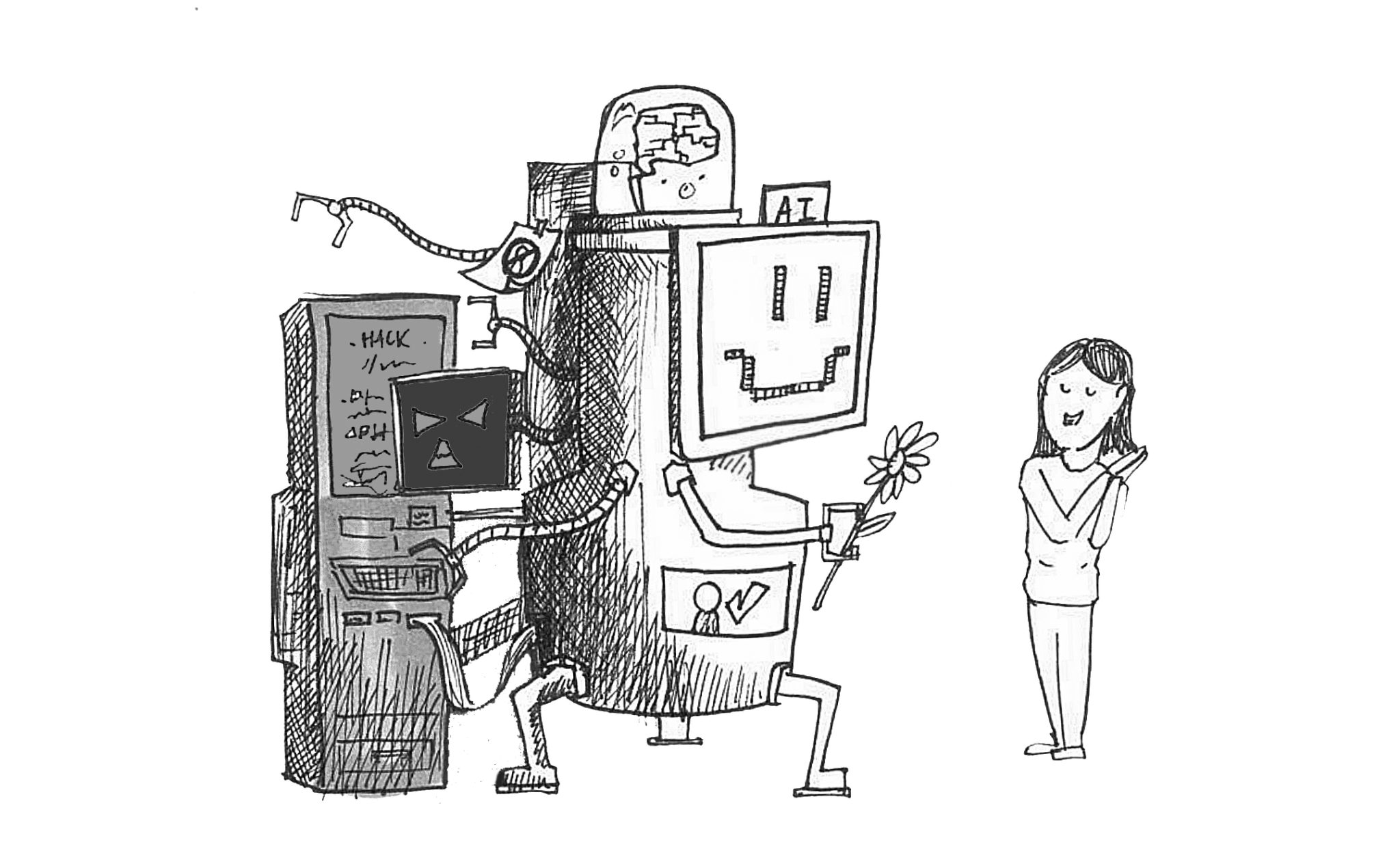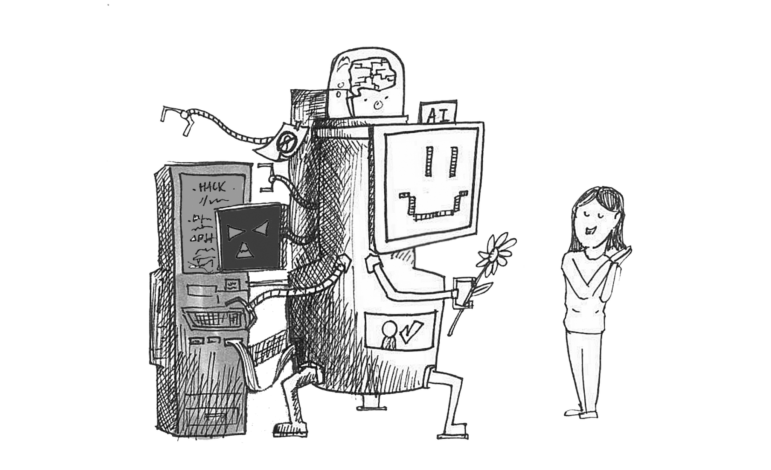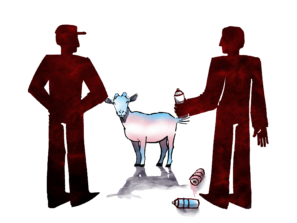
Present in virtual assistants, entertainment apps like Spotify and Netflix and even complex medical devices used in hospitals, artificial intelligence already plays a role in our daily lives.
It’s reshaping the world, and we have barely started to question how it will impact our society. Will AI help humankind or threaten its existence?

With AI, transportation is bound to change. In California alone, 45 companies have received permits to test their self-driving vehicles on public roads.
Though self-driving cars can be intimidating to ride in at first, they could actually improve the way we travel. Around the world, about 3,000 people die from car accidents every day. With AI at the wheel, it’s estimated that vehicle-related incidents would be reduced by about 90 percent.
Self-driving cars can also enable us to get places faster by intelligently rerouting vehicles away from traffic jams. By getting places more efficiently, the consumption of fuel and electricity would decrease, resulting in cheaper operation and a cleaner environment.
AI is redesigning healthcare completely, making it more accurate and personalized. Medical robots will be able to perform complex operations with complete precision, avoiding mistakes that could injure or kill a patient.
In November, Chinese company iFlytek announced that its medical robot Xiaoyi (“Little Doctor”) had become the first machine to pass China’s medical licensing exam. In March, iFlytek will officially launch the bot, which will make suggestions to doctors to help them identify problems quicker. Though many might be scared to put robots in charge of their health, AI has the power to save millions of lives.
However, we must consider the serious hazards of artificial intelligence. Tesla founder Elon Musk describes AI as a “fundamental risk to the existence of human civilization.” Renowned physicist Stephen Hawking also warns against the advancement of artificial intelligence, going so far to say that it could be “the worst event in the history of our civilization,” especially if we don’t properly control it.
Musk says that the “extreme” power of AI will end up in the hands of major companies such as Amazon, Facebook and Google. This could be dangerous, since they posses troves of information about their users.
AI could also have a catastrophic effect on the world’s economy. By 2030, it is estimated that 40 percent of the current jobs in the U.S. will be lost to new technologies. Over 4 million jobs in the transportation sector could be lost to self-driving vehicles.
To help prevent the overgrowth of AI and a staggering decline to the world’s economy, Microsoft founder Bill Gates suggests that companies should pay taxes on robot labor in order to compensate for the tax revenue that would be lost be displaced workers.
Another downside of AI is the use of biased algorithms.
Algorithms are processes used to solve complex problems. For example, in the workforce, companies are now using AI algorithms to evaluate job applications and make hiring decisions.
However, there have been multiple instances of these algorithms unintentionally being biased to prefer Caucasian male applicants. Algorithms function by recognizing patterns and then giving “if this, then that” conclusions. By inferring certain factors, unfair decisions can be made toward certain groups.
As AI grows and makes increasingly important decisions for us, it is necessary that it follows the principles of fairness, accountability and transparency, and recognizes the importance of diversity.
If we use AI responsibly to benefit our society, I believe that it could positively change how the world works. Communities everywhere will become safer, medical processes will be more accurate and machines will enhance human potential.
What steps should we take now, at the academic and political levels, to ensure that we reap the benefits of AI? As Stuart Russell, a computer science professor and AI researcher at UC Berkeley, said, “[We need to build] machines that are altruistic, that want to achieve only our objectives, but that are uncertain about what those objectives are, [and] will watch all of us to learn more about what it is that we really want. And hopefully in the process, we will learn to be better people.”





